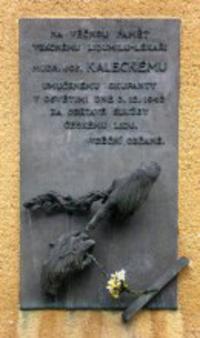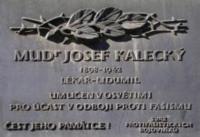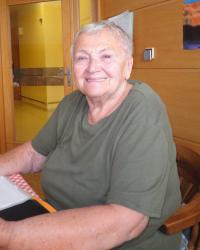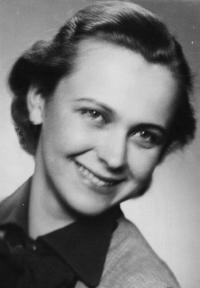Do well to others and it will come back to you. It is not always so, but at least one has a clean conscience

Stáhnout obrázek
Kamila Čepeláková was born May 26, 1931 in Brno and she has remained faithful to this Moravian city throughout her life. She grew up in a middle class family. Her mother was a housewife and her father was an ardent employee of the Zbrojovka armaments factory and he was helping to establish arms factories across the country and abroad as well. He was interrogated by the Gestapo during the war due to thefts of lead which occurred in the Zbrojovka company, and the interrogations by the Gestapo had negatively impacted his entire life. The family learnt about the fate of the Lidice village from their friend, Dr. Josef Kalecký, who was famous in Brno as a great humanist and a doctor with excellent reputation. Kamila experienced the bombardment of Brno and the temporary relocation of the family to Bílovice nad Svitavou in spring 1945 in order to avoid the approaching war front. After the war she studied secondary trade school and after graduation she worked as an assistant to the chairman of the plumbing association. Later she worked as a producer in the Czechoslovak Radio. Kamila Čepeláková now lives in one of retirement homes in Brno.



